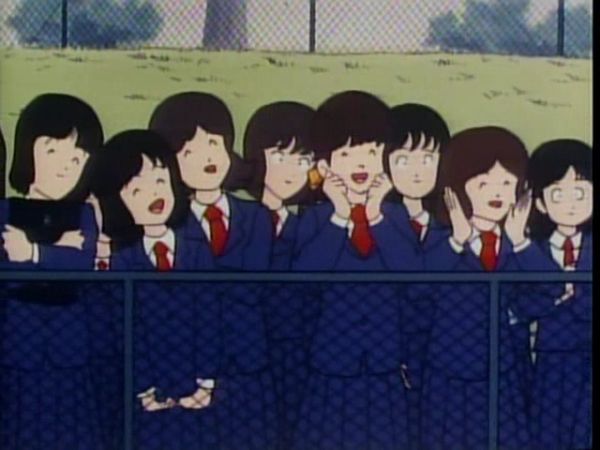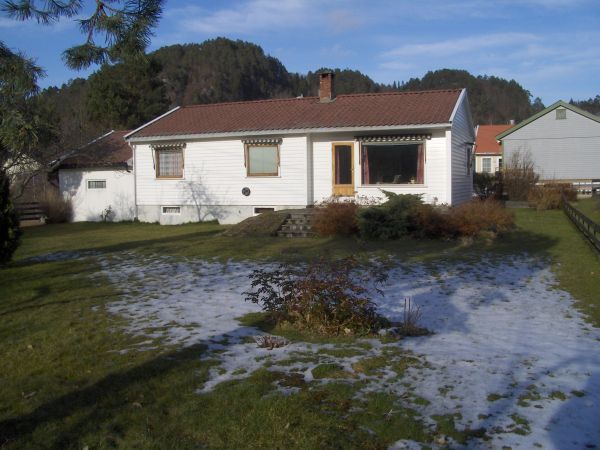The very existence of your future dinner probably has very little to do with what politicians think about global warming. I’ll explain why.
The magazine The Economist (of which I generally hold a very high opinion) says in a recent article: “The stakes in the global-warming debate, however, could scarcely be higher. Scientific evidence that climate change is under way, is man-made, and is likely to continue happening forms the foundation for an edifice of policy which is intended to transform the world’s carbon-intensive economy into one which no longer spews greenhouse gases into the atmosphere. A lot of money, and many reputations – both academic and political – are involved.” (The article may not be available for non-subscribers, but can also be found in its print issue for this week at your local library.)
I hear a lot of this, how important the global warming theories are for our economy. I disagree. This is a fairly uncommon thing between me and the highly respectable magazine, although our differences have increased somewhat in recent years as it has moved slightly to the left and I to the right, politically. Facts, however, ought to be facts. But if they were, we would not have that particular debate in the first place, would we?
My point however is that it matters little. The carbon economy is temporary in any case, and its decline is imminent, if it has not already begun. Certainly the seeds of its destruction is sprouting, and global warming is but one of them. Even if we actively wanted a warmer world, we would not be able to keep it up. There simply is not enough of our favorite fuels to sustain the current way of life.
Do you guys remember a couple years back, before the economy panicked? Do you remember the gas prices? And even then, the oil companies actually sold at a loss, to smooth out what they hoped were a temporary surge in crude oil prices, at times over $140 a barrel. Well, it was temporary, but this has brought no joy. If you know any of the Americans who were publicly praying to God for lower oil prices, today is a good time to go thank them. They sure got what they asked for, if not what they hoped for.
Technically, the recession has ended, at least in America, in the sense that there was nominally a small increase in GDP last quarter. But we all know that this was caused by government intervention that is not sustainable. On the contrary, the flow of money must at some point be reversed. And even with this, we just got a break in the fall. Obviously we are not back to the previous level of economic activity. Just ask the millions who are out of work. But this is also the reason why gas is cheap again. We simply use less of it, because we drive less.
Should the economy pick up again, to anything near its previous level, then we will face the same problem again: There just is not that much oil left for easy taking. And most of it is in one country, Saudi Arabia. The rest of the oil in the world is rather harder to get at, and the price reflects this. The reserves, as they are called, the oil that is not currently being tapped, are mostly even harder to get at. They are deep underwater, deep underground, or in the Arctic, or several of the above. In short, oil is getting expensive, and after that, scarce. We are not going to be driving gas-guzzlers in 2050, or even 2030. It is doubtful that most people will even be driving gas-powered cars by then.
Well, at least there is enough coal left for two centuries, right? Er… that’s what the major coal producers say. However, these fall into two categories. One is the nations of Russia and China, where the government in practice controls this resource. Strangely enough, their coal reserves have not changed at all for the last couple decades, despite pretty heavy mining. If they let on that they don’t have unlimited energy, the governments would lose prestige. In the western world, it is subtly different. If coal mining companies did not exaggerate their reserves, their stock would fall, and that can not be allowed.
An article in New Scientist a couple years ago estimated that the world’s coal reserves may only last two decades, not two centuries. That is probably exaggerated, but there is no real audit of these things and the official truth is completely in the hands of people whole livelihood depends on lying.
In any case, coal is not oil. It can be burned to produce electricity, but here it is facing competition from new technologies of renewable energy. Wind power has already reached the mass of industrial production. The technology is still improving a bit, but mainly it is now a matter of churning out more windmills and placing them in the terrain. This goes on every day. It is still a small fraction of our energy needs that are met this way, but it is growing steadily.
Solar power, meanwhile, is still in its infancy. Photovoltaic cells are, like most electronics, becoming increasingly smaller and more efficient. Each year they are a little better than last year. Meanwhile there are various forms of solar thermo being put in practical use. These use cheap metal mirrors to focus the sunshine on a container of liquid, heating it and producing steam like you would in a coal factory. Except that the sun is expected to not run out for another 5 billion years or so. By melting salt and using this to heat the water, solar plants can continue operating through the night, as the melted salt can be stored underground and lose very little heat until used. These technologies are slightly more expensive than coal, so currently tend to depend on government subsidies (or taxes on carbon). If however the recession ends, the price of coal will go up again. The price of sunshine will not.
This is the point: We have non-carbon technologies that either are competitive today or will be so whenever the recession ends. Even if it never ends, the easy reserves of fossil fuel will, and in a few years. Meanwhile competing technologies are becoming cheaper.
Even if we WANTED to heat the planet with carbon, we can’t afford to. It is that simple. Renewable energies will price carbon out of the market in 10-20 years. Mankind is suspended between the furnace of the sun and the furnace of Earth’s molten core, each of which could supply us with clean energy for billions of years if we manage to not kill each other in the meantime.








